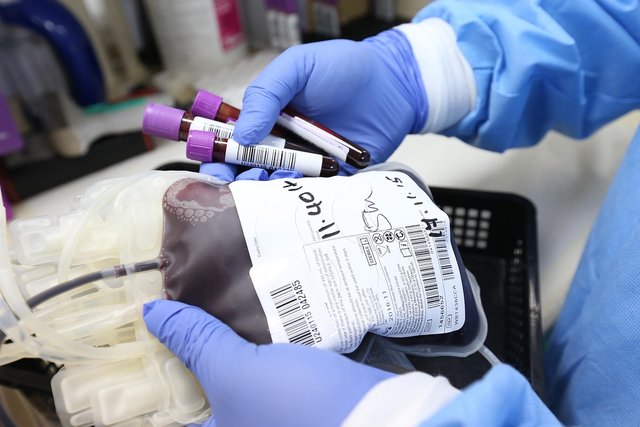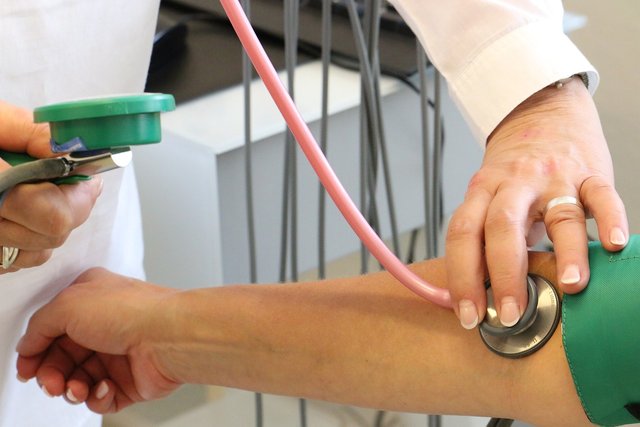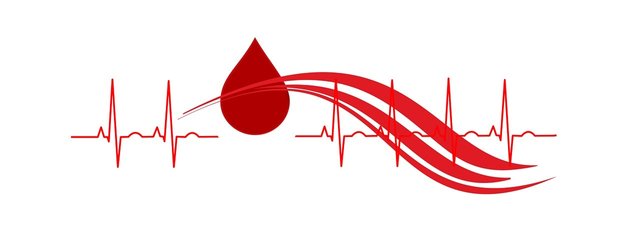🎯 Firstly, verify Patient Details: Always try to confirm the patient’s identity, cross-match compatibility and blood type before transfusion.
🎯 Ensure to inspect the Blood Unit: Check for any signs of contamination, such as discoloration, leaks, , or clots.
🎯 Use the Correct Equipment: A standard blood filter which is about 170–260 microns should be used to remove debris and clots.
🎯 Began Infusion Slowly: Begin at 2 mL/min (mililiter per minute) for the first 15 minutes while closely monitoring the patient for any possible reaction.
🎯 Monitor Vital Signs: Take baseline vitals, then recheck at 15 minutes, 30 minutes, hourly until the transfusion is complete.
🎯 Complete Within 4 Hours: Blood must be transfused within 4 hours of removal from storage to prevent bacterial growth.
🎯 Do Not Mix with Medications: Never try to add drugs or other fluids directly into the blood line or drugs.
🎯 Be Prepared for Emergencies: Keep emergency medications like antihistamines, corticosteroids, and epinephrine readily available.
Transfusion Reactions and Management
🎯 Febrile Non-Hemolytic Reaction: The patient might likely chills, experience fever, and headache. If this occurs, stop the transfusion, administer antipyretics like paracetamol, and closely monitor vital signs.
🎯 Allergic Reaction:Symptoms such as itching, hives (urticaria), and mild wheezing may appear. The transfusion should be stopped, and antihistamines should be given. If symptoms resolve, the transfusion may be cautiously resumed.
🎯 Anaphylactic Reaction: Severe allergic responses include hypotension, difficulty breathing, and swelling of the face or throat (angioedema). In this case, immediately stop the transfusion, administer epinephrine, corticosteroids, and oxygen, and prepare for advanced airway management if needed.
🎯 Hemolytic Reaction: This is a serious reaction with symptoms like fever, flank pain, dark urine (hemoglobinuria), and shock. The transfusion must be stopped immediately, IV fluids should be given to maintain kidney function.
Well, you can understand some basic tips concerning blood transfusion. Thanks for your patience in adding knowledge to yourself.


